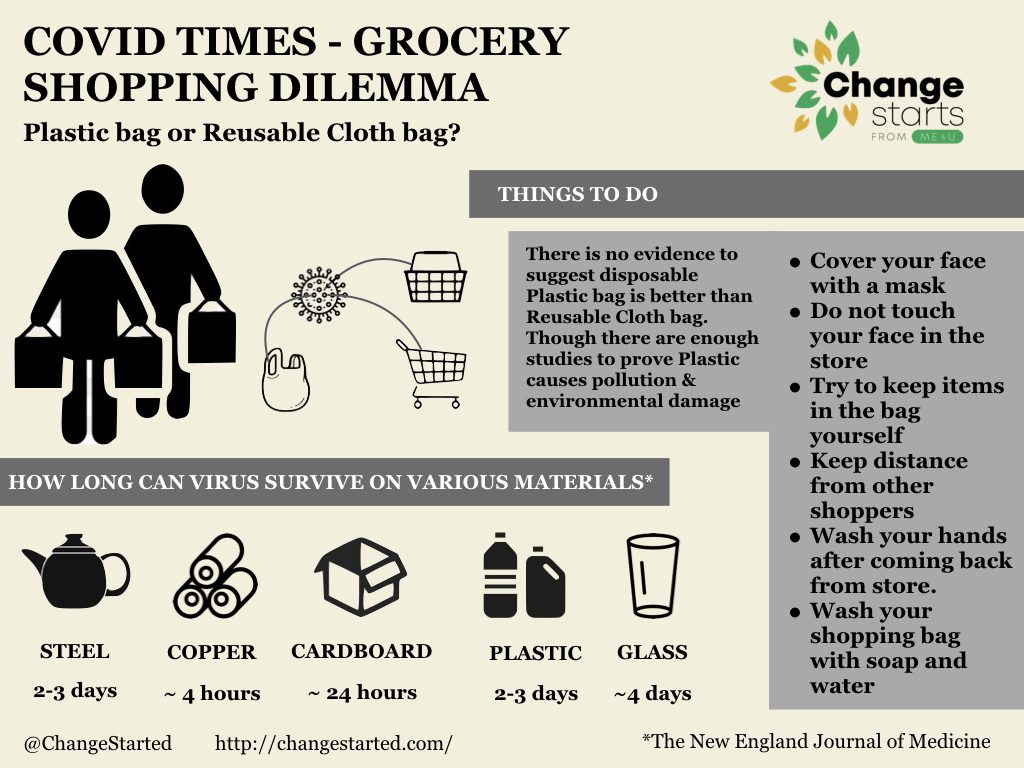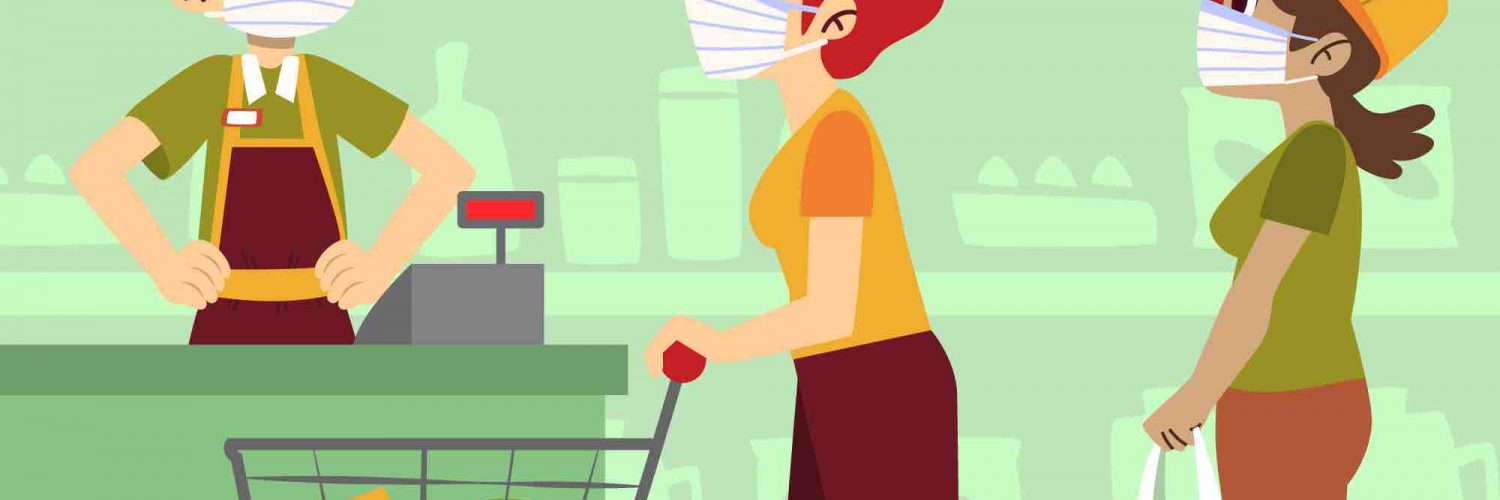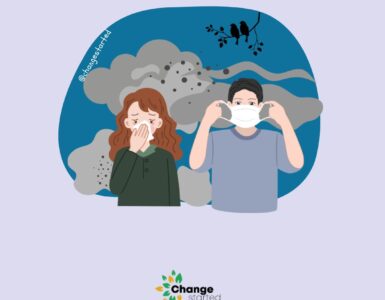If you visit grocery stores these days, you would find many shoppers carrying big plastic bags. In the past few years, the plastic bags which were banned & discouraged in many regions around the world, and people were slowly leaning towards cloth/reusable bags for their grocery business. Thanks to Mr. Virus and pandemic, the dangerous plastic bags are back in business.
So what is happening in the pandemic?
People are buying the groceries, bringing them home in the big plastic bags, removing the groceries, and throwing the plastic away, as an untouchable commodity. The care is taken to wash vegetables, packaged foods, dairy & meat packets, and other containers, but plastic cover is…. argh….not needed.
The fear is that reusing the cloth bag will spread the virus while throwing that plastic…it’s easy…let the sanitation guy take care.
Is this true, plastic bags are (un)safe?
There are studies that suggest that viruses can stay on materials, but there is no evidence to prove that it can live longer on cloth bags. According to a study from the National Institutes of Health, CDC, UCLA, and Princeton University scientists in The New England Journal of Medicine, the coronavirus can live for two-three days on plastic, as given in the illustration below. That study did not look at the fabrics or cloth bags, so there is no evidence.

Whether we use disposable plastic bags or reusable cloth bags, there is no clear evidence to suggest that plastic bags are any better in terms of transmission.
So what is the solution?
The most important thing to know about coronavirus on surfaces is that they can easily be cleaned with common household disinfectants that will kill the virus. In addition to washing your hands before and after you go to the store with soap and water or alcohol-based hand rub, avoid touching your face, here are a few other things which you can do
- Wash reusable bags before and after each use with soap and water. Cloth bags like our normal clothes can be washed like laundry, then they can be sun-dried or in an automatic dryer.
- Try to pack the grocery and your shopping items in the bag yourself, limiting your touch with the store worker.
- If at all, we have used any plastic, washing them in soap and water like any other grocery items and storing them for later recycling.
Finally, Shop Safely and Responsibly
What we can definitely say, if we keep on using and throwing away the plastic bags, they can surely pollute the environment, clog the rivers & oceans. A plastic grocery bag that is washed in the ocean is taken as food for our aquatic friends.
While we are discussing groceries, below are a couple of pertinent points related to the subject, which is taken from the WHO website.
“How to wash fruits and vegetables?
Fruits and vegetables are important components of a healthy diet. Wash them the same way you should do under any circumstance: before handling them, wash your hands with soap and water. Then, wash fruits and vegetables thoroughly with clean water, especially if you eat them raw.
How to grocery shop safely?
When grocery shopping, keep at least 1-metre distance from others and avoid touching your eyes, mouth and nose. If possible, sanitize the handles of shopping trolleys or baskets before shopping. Once home, wash your hands thoroughly and also after handling and storing your purchased products. There is currently no confirmed case of COVID-19 transmitted through food or food packaging.”






Add comment